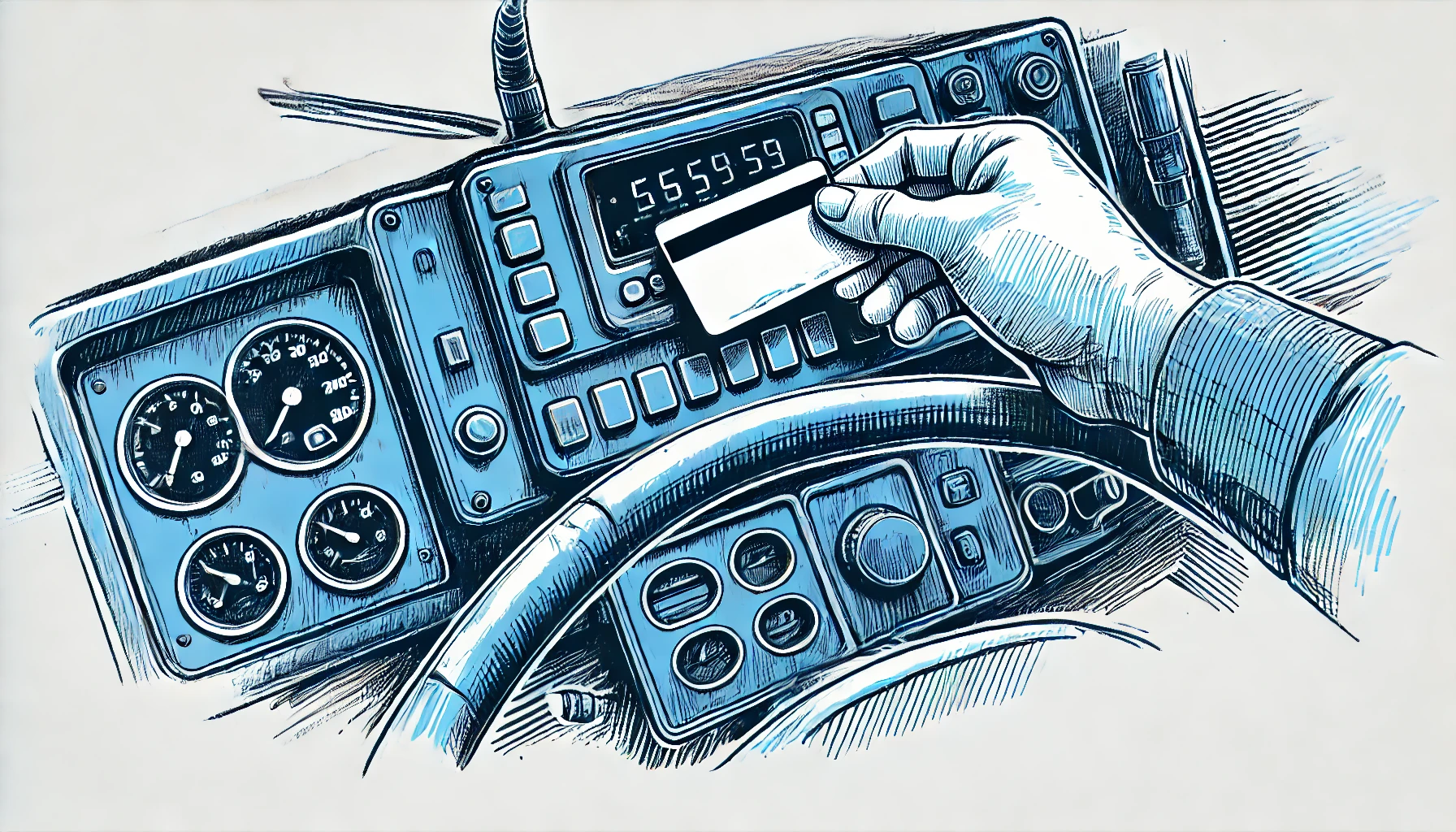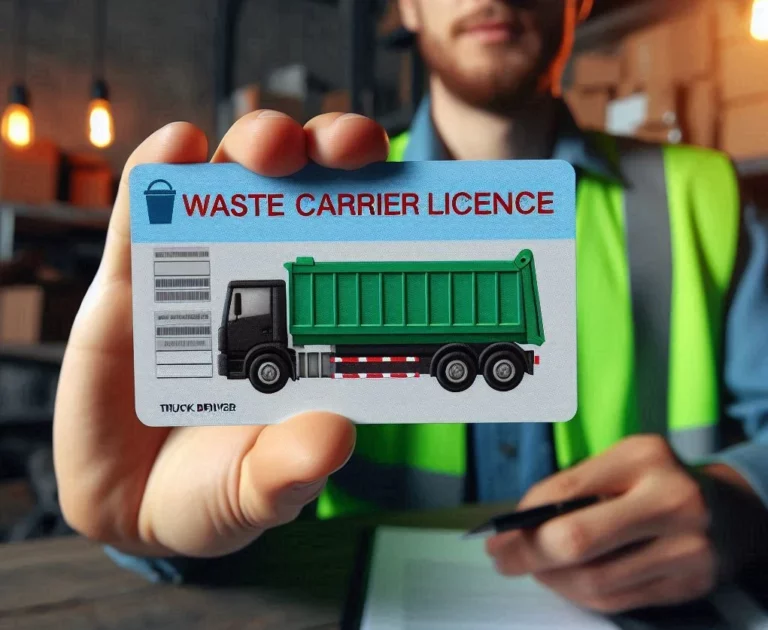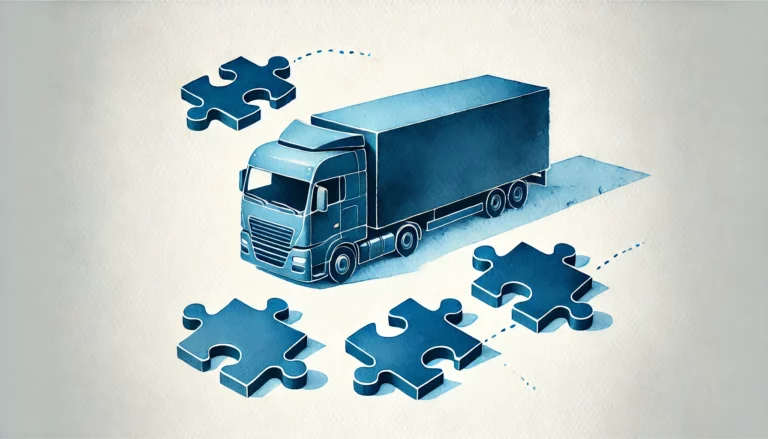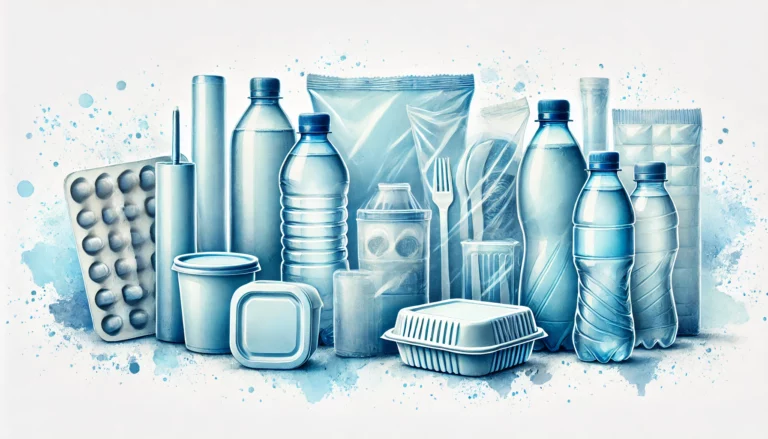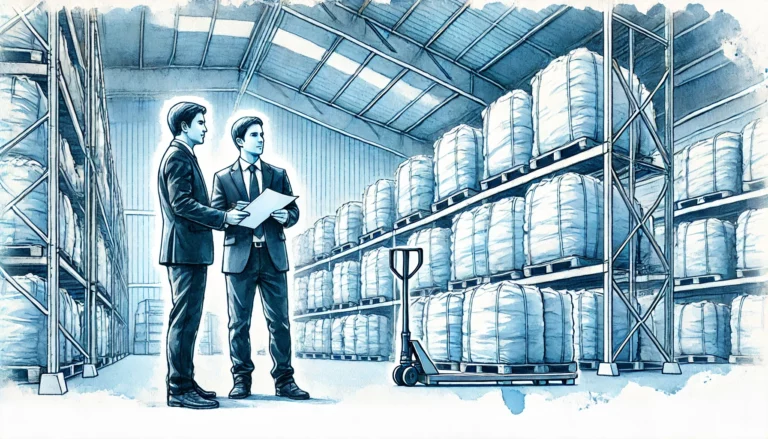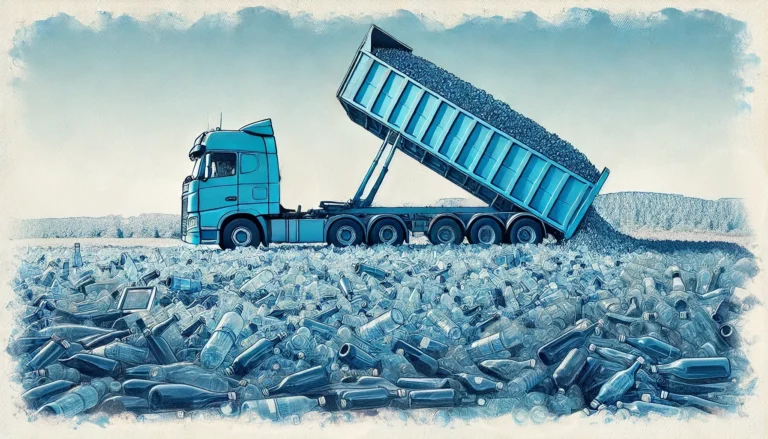Tachograph update mandate for 2025 – key changes for waste carriers
The European Union has introduced new tachograph regulations that will affect all waste transport carriers operating across borders. The upcoming mandatory upgrade to second-generation smart tachographs (G2V2) aims to enhance road safety, improve compliance with driver hours, and prevent illegal transport activities. Waste carriers must be aware of the potential consequences of non-compliance. Understanding these changes is crucial for companies that transport waste internationally. In this article, we break down the key changes, compliance requirements, and steps waste transporters must take to avoid fines and disruptions.
We are looking for carriers with waste permits in Europe for cooperation.
Call us: +48 519 516 869 or write us an E-mail dispo@wastetransportsolutions.eu
Why the tachograph update mandate is important for waste transport?
The EU Mobility Package aims to create fairer working conditions, safer roads, and more transparent transport operations. Tachographs play a vital role in monitoring driving times, rest periods, and cross-border shipments.
For waste carriers, these updates are especially significant. Waste transport is highly regulated due to environmental risks and illegal disposal concerns. The new tachographs will provide automated border crossing data and real-time vehicle tracking, making enforcement easier and reducing the risk of illicit waste movement.
Key changes waste carriers must prepare for
1. Mandatory smart tachographs for all vehicles over 3.5 tons
The second-generation smart tachographs (G2V2) will become mandatory in phases. Vehicles equipped with older analog or digital tachographs had to be upgraded until December 31, 2024. Trucks with first-generation smart tachographs (G2V1) have until August 18, 2025, to comply.
The new devices will ensure more accurate tracking of vehicle movement, helping waste carriers meet EU regulations on cross-border waste transport. They will also improve record-keeping of loading and unloading locations, which is crucial for regulatory audits.
2. Automatic border crossing registration
Waste carriers operating internationally must comply with stricter tracking requirements. G2V2 tachographs will automatically record border crossings, reducing manual paperwork and potential errors.
This feature will simplify customs and transport checks, making it easier for waste transporters to prove compliance with international agreements like the EU Waste Shipment Regulation.
3. Remote enforcement capabilities
Authorities will have the power to remotely access tachograph data without stopping the vehicle. This means that non-compliant waste carriers can be detected instantly, leading to fines and penalties without warning.
For companies that follow the rules, this will reduce unnecessary inspections, saving time and minimizing delays at borders.
4. Stricter driving & rest time regulations
Waste transporters must also adhere to stricter enforcement of driver hours. The G2V2 tachographs will improve monitoring of driver rest periods, ensuring compliance with EU working time rules.
Ignoring these limits could result in fines, license suspensions, or transport delays. Companies must train their drivers on these changes to avoid disruptions.
How to prepare for the tachograph update mandate
- Identify which vehicles require tachograph upgrades and schedule the replacement before deadlines.
- Avoid last-minute delays by working with authorized tachograph service providers.
- Ensure all personnel understand the new smart tachographs and their compliance requirements.
- Regularly review tachograph data to avoid penalties and ensure operational efficiency.
Consequences of non-compliance
Failure to upgrade to the second-generation smart tachographs (G2V2) by the mandated deadlines can result in significant penalties, which vary across European countries. Here’s an overview of potential fines:
- Spain: A fine of up to €2,001, vehicle immobilization, and potential loss of good repute.
- France: Penalties can reach €30,000, accompanied by up to one year of imprisonment.
- Portugal: Fines range from €1,200 to €6,000.
- Germany: An administrative fine of €1,500.
- Ireland: Operating a vehicle with an incorrect tachograph version can lead to a fine of up to €5,000 and/or imprisonment for up to six months.
It’s important to note that the European Union has provided a grace period until 28 February 2025, during which penalties for not retrofitting vehicles with G2V2 tachographs may not be enforced. However, this leniency is subject to individual member states’ discretion, and enforcement practices can vary.
Waste carriers that fail to meet the new regulations risk operational shutdowns, which could affect business continuity and client contracts.
The future of waste transport & digital monitoring
The 2025 tachograph update mandate is just the beginning of a larger digital transformation in transport regulation. In the coming years, we may see further integration of GPS tracking, AI-powered route optimization, and automated compliance monitoring.
For waste carriers, investing in digital solutions now will ensure long-term compliance and competitiveness in an evolving regulatory landscape.
***
To stay compliant and avoid penalties, companies must upgrade their tachographs, train their drivers, and monitor compliance carefully. By acting early, waste carriers can ensure smooth operations, reduce unnecessary fines, and enhance overall transport efficiency.

